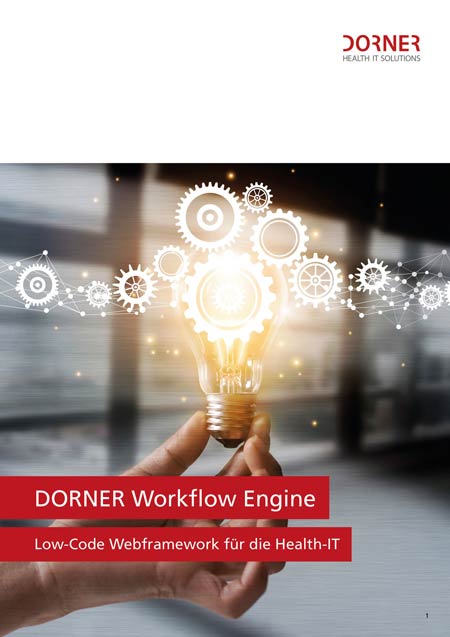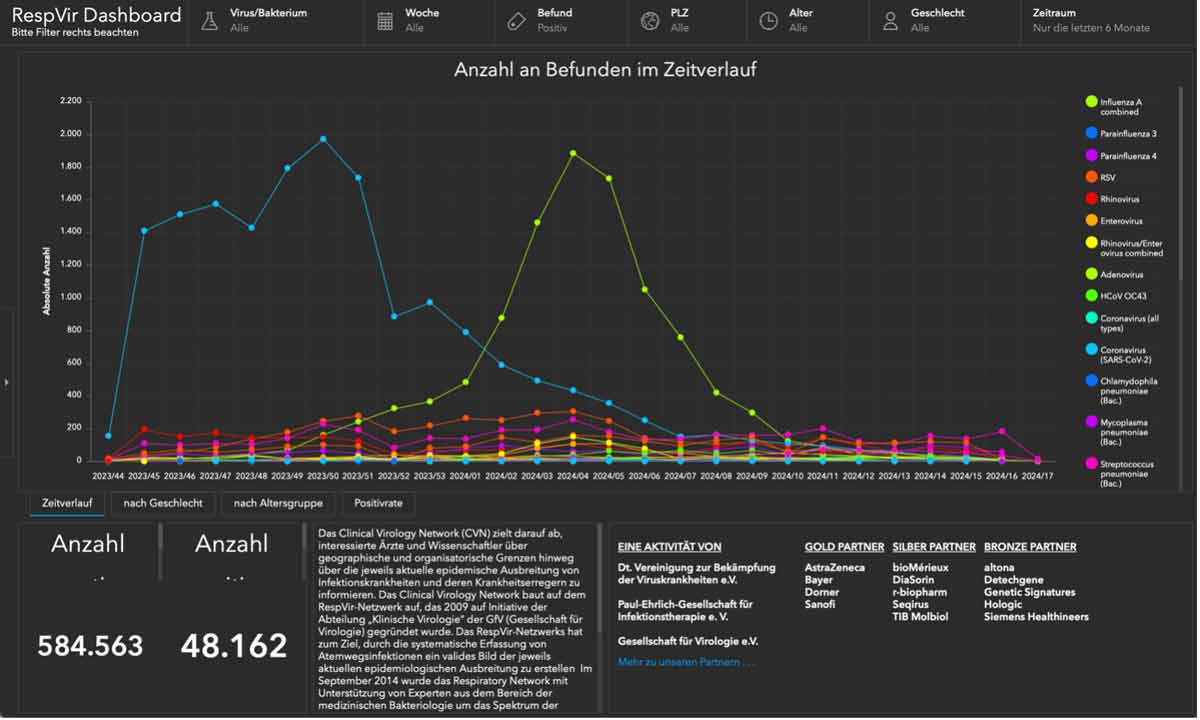Digitization at medical universities: LIMS as a Service with the DORNER Workflow Engine

Digital transformation at MedUni: The Medical University takes IT responsibility seriously and introduces innovative solutions for the future of medicine.
The need for a central service provider
At a time when digitalization and technological progress are rapidly changing the medical world, but at the same time compliance requirements are becoming ever more stringent, medical universities are also facing the challenge of transforming their IT infrastructure. One of the goals here must be to offer tailor-made central software solutions and platforms to previously decentralized organizational units of the university. "We see ourselves as a service provider and enabler that can respond to the specific needs of university institutions at the interface between research and patient care," says Christoph Wild, Head of IT Services and Strategic Information Management at the Medical University of Vienna.
In this sense, MedUni Vienna's IT Services act as an integrative strategic (contact) partner for all areas of the university with the aim of reducing complexity and making sensible use of available synergies through comprehensive management of the application and information architecture as well as central change and project portfolio management for projects.
A central LIMS at MedUni Vienna
One of the issues at the Medical University of Vienna, where historically decentralized structures exist, are the laboratories, some of which provide laboratory diagnostic services. In order to meet the increasing challenges in terms of compliance and information security, the university management made the decision in 2021 to offer a LIMS as a Service (LaaS) concept for interested organizational units based on a central laboratory information system (LIMS).
The main objective was to create a new level of organization and coordination by integrating central infrastructure and operation by central IT in coordination with key users on site at the organizational units and to efficiently manage the diverse requirements of the individual laboratories.
The DORNER Workflow Engine: Flexible and powerful
The DORNER Workflow Engine was chosen as the flexible and powerful platform in a tendering process. This created the basis for ensuring that the complex processes and data flows within the laboratories function smoothly, while at the same time providing the necessary adaptability to be able to react to individual requirements.
The implementation of the central LIMS based on the DORNER Workflow Engine began in the first quarter of 2023 and the 'Launch Customer' at MedUni Vienna was able to go live with the laboratory processes in the third quarter of 2023. A second laboratory is currently in the implementation phase and two others have expressed interest in using the LIMS as a service.
The harmonization of customer requirements is a critical success factor in the project; DORNER's solution enables a balance to be struck between university-wide standardized concepts and the necessary individual requirements of the organizational units. Technically, the Dorner platform can also be easily integrated into MedUni Vienna's existing enterprise systems and therefore fits in with the product and platform strategy.
Conclusion
The introduction of the central LIMS service offering with the DORNER Workflow Engine at MedUni Vienna is an example of how IT departments within a medical university can make the transition from an infrastructure service provider to a central service provider. By helping to shape the digital transformation, they are making a significant contribution to increasing efficiency and quality in research and teaching.



